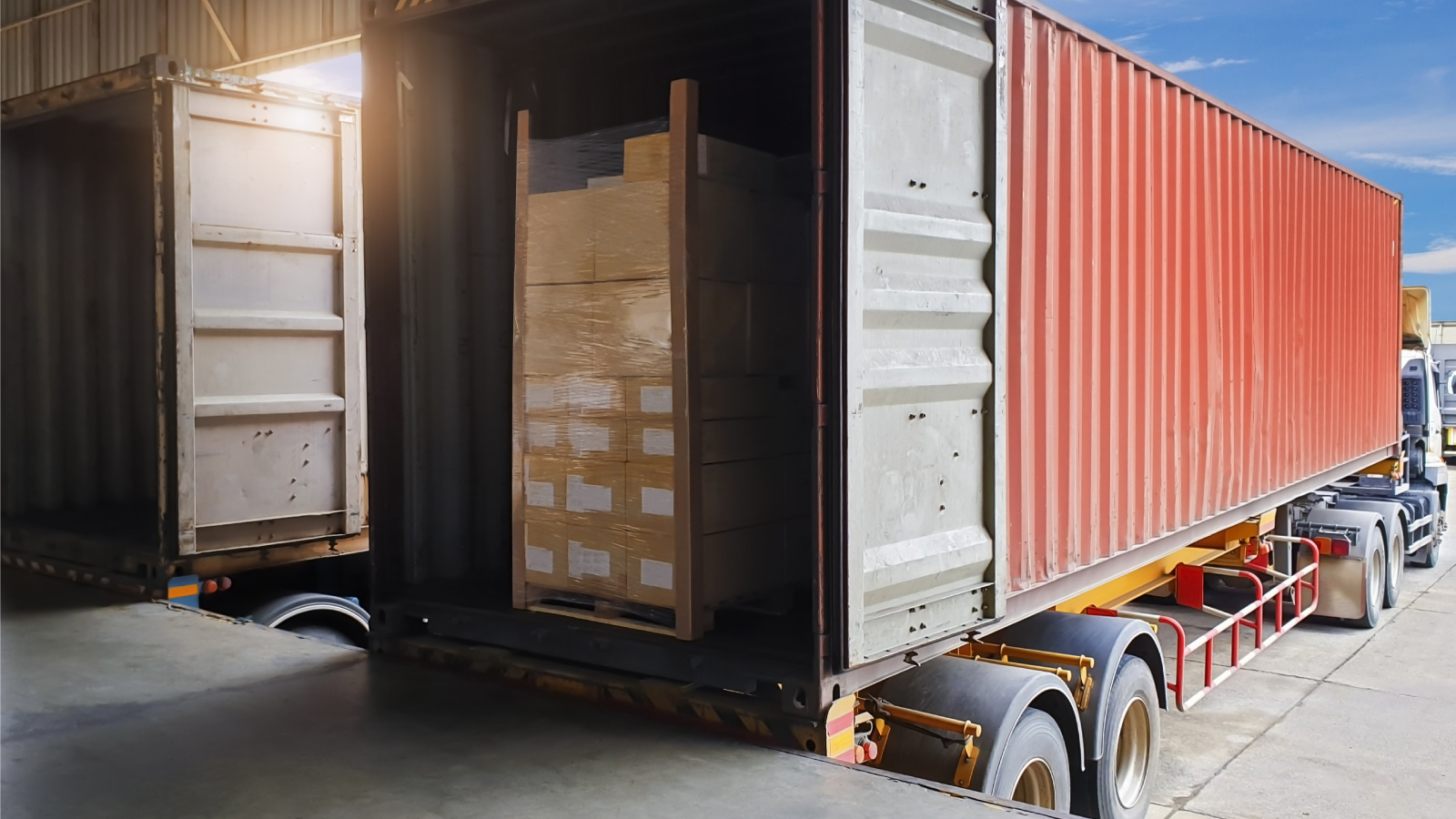The Challenges of First Mile Bills of Lading

Shipping has changed dramatically over the decades, but not much about the bill of lading (BOL) has. Collecting BOL data is often a manual, paper-based process that leaves lots of room for human error — one small mistake can negatively impact operations.
There are plenty of optimization opportunities throughout the entire BOL lifecycle. While many organizations focus on last mile issues, the first mile also presents collection and accuracy challenges that affect the entire supply chain.
In this post, we’ll discuss some common bill of lading challenges encountered in the first mile. But first, a brief refresher on first mile shipping and bills of lading:
What is first mile shipping?
First mile shipping refers to the first leg of the transport journey. In general, this is the transportation of goods from a merchant’s premise or warehouse to the net hub where they’ll be shipped further.
First mile shipping sets your entire supply chain up for success. Issues during this phase can have a domino effect, impacting the rest of the freight’s journey.
Bills of lading in first mile shipping
A bill of lading provides vital information about a shipment and acts as a legal contract between the shipper and a carrier. It provides evidence of the condition and ownership of materials at any given time and must be signed by an authorized representative from the carrier, shipper, and receiver.
An accurate and complete bill of lading is necessary to ensure that your shipment gets to its final destination on time (so you get paid on time). Additionally, freight bill data is a key part of business intelligence in the freight and logistics industry, so organizations must optimize their processes for collecting, transmitting, and storing this data.
First mile bill of lading challenges
Bill of lading errors can lead to delivery delays, payment delays, denial of claims, incidental costs incurred, and even penalties or fines. The later an error is caught, the more disruptive it will be, making it particularly vital to maintaining timely, accurate bill of lading records during the first mile.
Here are some of the most common challenges associated with first mile bills of lading:
- Incorrect or missing data – Low light conditions, driver fatigue, poor driver penmanship, and simple human error can lead to an unreadable, inaccurate, or incomplete bill of lading. This is a key challenge for organizations that rely on paper bills of lading, as they have to spend significant time and resources on correcting errors.
- Lack of mobile data or internet data connection – To keep operations running smoothly, bills of lading need to be processed as quickly as possible. For organizations that rely on drivers to manually take and send digital BOL images, a weak or unreliable internet connection can cause severe issues by delaying BOL receipt.
- Poor weather conditions – Weather challenges may necessitate handing off the goods to other shipping partners or making detours to locations not listed on the original bill of lading. These situations require BOL updates, creating additional work for drivers and increasing the chance of inaccuracies.
While some of these challenges will always be present, organizations can mitigate their effects by investing in technology that addresses them. For example, moving away from manual paper processes puts less pressure on drivers and can reduce errors.
Conclusion
Bills of lading are just as important during the first mile as during any other part of the transport journey. In fact, first mile bill of lading errors can have an outsized impact on the rest of the supply chain if not caught in time.
Challenges like human error, technological limitations, and unexpected weather issues can seriously impact freight billing efficiency, so organizations need to optimize as much as possible. We’ve found that the recipe for success often includes a combination of technology, support from a business process outsourcing (BPO) organization, and a thoughtfully developed standard operating procedure for drivers.
Connect with Us
DDC FPO offers rapid processing, unbeatable accuracy, long-term cost containment and reliable business continuity.
How Can We Help You?
Get in touch to learn how we can support your success.
Get Started
